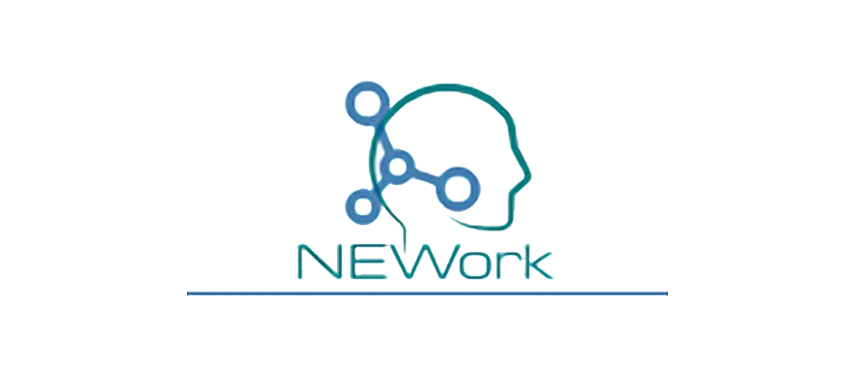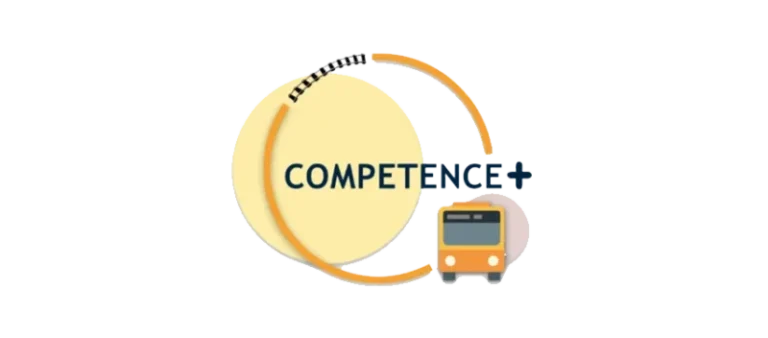
NEWORK
NEurodiversity At Work: Supporting Young Adults With ASD Enter And Succeed At The Workplace
Autism Spectrum Disorder (ASD) is a disorder that affects every individual to a different degree. It is a lifelong complex developmental disorder, characterised by impairments in social communication, social interaction and social imagination (Wing & Gould, 1979). Representing an estimated 7 million people, ASD is labeled as the fastest-growing disorder with an annual growth rate of 10-17%, according to the Autism Society.
The condition impacts how a person perceives the world and interacts with others, making it difficult for them to pick up social cues and interpret them. Therefore, social interactions can be difficult as they can have difficulty ‘reading’ other people and expressing their own emotions. However, people with ASD are often very thorough in their work, punctual and rule observant. Despite that, the current employment data for individuals with ASD are not encouraging, as they suggest that they are less likely to work than all other disability groups(Newman et al., 2009).
Work is a very important part of life with numerous benefits, including participating and contributing to one’s community and the local economy. Many individuals with ASD, even those with the most severe challenges, express an interest in working (Targett & Wehman, 2009).In fact, young adults with ASD report that finding a job would improve their lives more than anything else (Barnard, Harvey, Potter, & Prior, 2001). When they have the dignity of gainful employment, they can contribute to essentials like housing, food, clothing and the supports and services needed in their lives.
Although the challenges of ASD are significant, it is possible for those individuals to be employed and to live a life of quality where they actively participate in decisions that affect their lives. In fact, research and experience has shown that, with the right preparation and support, individuals with ASD can learn the necessary skills and utilise talents that lead to meaningful employment in a variety of community-based businesses and industries(Hillier, et al, 2007)
It is important to develop the potential for people with ASD to have meaningful employment and be contributing members of their society. As Grandin (2004) points out, “Work is more than just a livelihood or paycheck; it is the key to a satisfying and productive life.”
With appropriate preparation and support, even those most affected by ASD can have gainful employment, and become reliable, hardworking employees that meet or exceed expectations, hold a job independently or with proper support from qualified staff to retain a position.
Although it may seem obvious that those more severely affected by ASD need preparation for employment, it is not always as obvious for individuals with Asperger Syndrome or high functioning autism. Average to high IQ does not guarantee to obtain or maintaining employment for young people with ASD. In fact, without careful preparation and significant support, high functioning young adults typically have only marginally better employment outcomes than those who are more severely affected by ASD.
Young adults with ASD need to make realistic career and employment decisions based on self-knowledge and awareness of career options. Instruction and practice in soft skills are imperative in being prepared for employment, (Mazefsky et al.2008) over 80% of jobs lost by young adults with ASD are a result of poor “soft” skills, especially poor social and communication skills.
Therefore, people with ASD need instruction in developing soft skills focusing on one hand on skills involving job search skills (i.e. CV preparation, job interview skills, dress code, etc), and skills related to functional skills to survive and succeed in the labor sector (i.e. social and communication skills, building positive relationships and networking with colleagues, etc.).
| Organization Name | Country |
|---|---|
| VsI Socialiniu inovaciju centras | Lithuania |
| Innovation Hive | Greece |
| Stichting Drawing to Health | Netherlands |
| STANDO LTD | Cyprus |
| LATVIJAS UNIVERSITATE | Latvia |
| SC PSIHOFORWORLD | Romania |
Disclaimer: This project has been funded with support from the European Commission. This publication reflects the views only of the author, and the Commission cannot be held responsible for any use which may be made of the information contained here.






